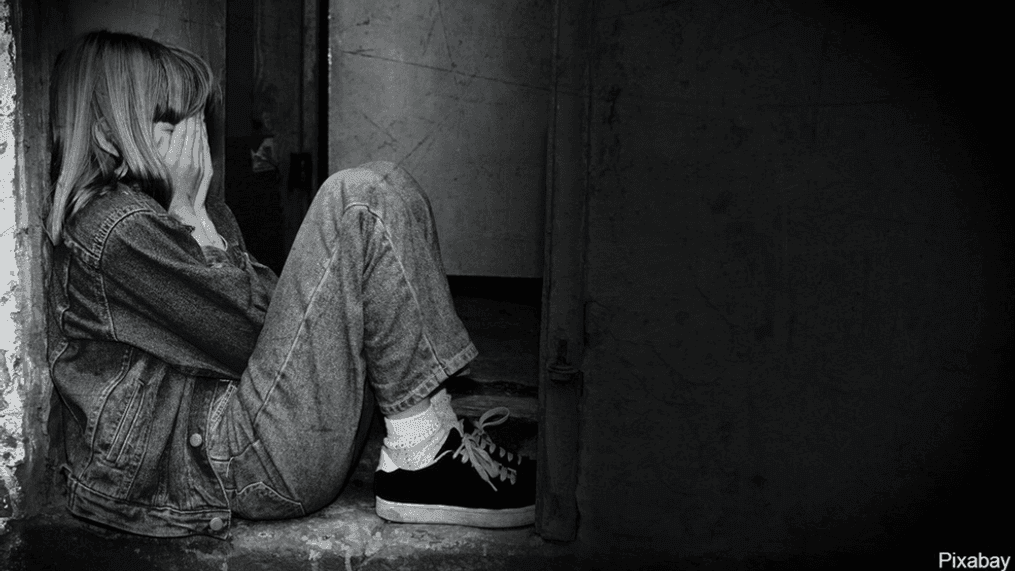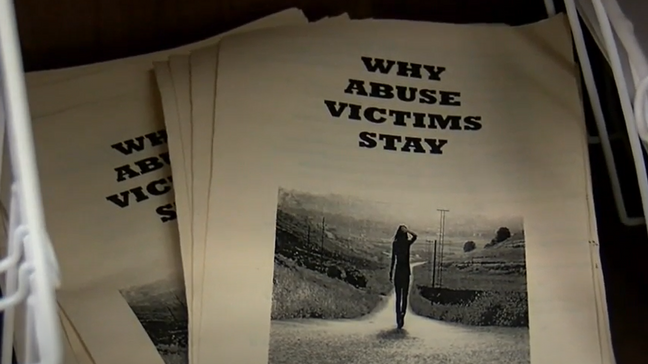February is Teen Dating Violence Awareness Month; Here's what parents should know
OMAHA, Neb. (KPTM) — February is Teen Dating Violence Awareness Month which is setup to urge parents, guardians, teachers, ETC. to have those uncomfortable but real conversations with teens, according to a press release from the Nebraska Division of Behavioral Health (BDH), a division of the Department of Health and Human Services (DHHS).
The next generation of Nebraskans are the future of our community,” said Tony Green, the Interim Director of the Division of Behavioral Health. “It is vital to communicate and have real conversations with young individuals to promote safe and healthy relationships. By providing support to these individuals, teaching the importance of respecting each other’s boundaries, and promoting emotional and physical safety in a relationship, Nebraska can support our youth and work towards building a safe and secure community.
Dating abuse is seen as a pattern of mental, physical, emotional, or sexual abuse that is used to control the other partner.
The effects of this can be felt for a lifetime, and victims of this kind of abuse can experience drug abuse, depression and anxiety, dropping out of school, eating disorders, and even suicide attempts.
The CDC's Youth Risk Behavior Survey that was conducted in 2019 found:
- One in 12 high school students in the U.S. reported physical violence in a relationship
- One in 12 high school students in the U.S. reported sexual violence in a relationship
This issue impacts not just the teen but also parents, friends, family, and more.
Here's what parents and other adults should look out for:
- Name calling and insults
- Mood swings
- Isolation from loved ones
- Making partner feel guilty about their normal behaviors
- Threatening behavior
- Being blamed for the mistakes of the abuser
- Use of force when arguing
- Controlling partner's social media accounts
- Stalking, harassing, or monitoring partner
- Breaking or hitting things to terrorize the victim
- Cruelty to animals or kids
How to start the conversation about dating violence, according to DBH:
- What does dating mean to you?
- What are some things you like about your friends and the ways they treat you?
- When you stand up for yourself, how does it make you feel? Do you think you are being strong, bossy, or pushy? Why?
- What should you do if someone you’re dating threatens you? What if someone you are dating tells you to keep quiet and not tell anyone, even though you know it is wrong?
- Choose one couple you know of who you think has a good relationship and one couple who you think has an unhealthy relationship. Why did you pick these couples?
If you or your child need help, here are resources to help:
- The Suicide and Crisis Lifeline; call, text, or chat 988
- Your faith-based leader, your healthcare professional, or your student health center on campus.
- Nebraska Family Helpline – Any question, any time. (888) 866-8660
- Rural Response Hotline, (800) 464-0258
- Disaster Distress Helpline: 1-800-985-5990 (oprime dos para Español) or text TalkWithUs to 66746.
- National Domestic Violence Hotline: 1-800-799-7233 or text LOVEIS to 22522
- National Child Abuse Hotline: 1-800-4AChild (1-800-422-4453) or text 1-800-422-4453
- National Sexual Assault Hotline: 1-800-656-HOPE (4673)
Teen Dating Violence Awareness Month was started in 2006, and Congress officially declared it in 2010, according to nationaldaycalendar.com.
Share on social media to help spread awareness using #TeenDVMonth #TeenDatingViolenceAwarenessMonth



